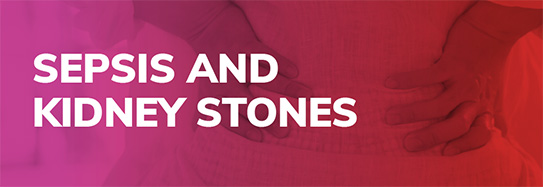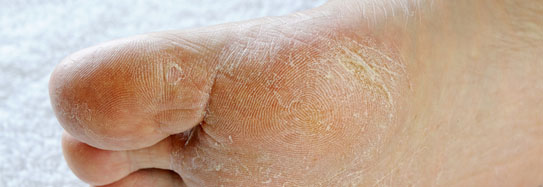Urinary tract infections, or UTIs, are common infections. They more frequently affect people with short urethras, including cisgender women, transgender women who have had vaginoplasty (surgery to create a vagina), and transgender men who have not had phalloplasty (surgery to create a penis). Most often, a UTI is treated quickly and effectively with antibiotics. Unfortunately, not all UTIs are treated quickly and some aren’t even identified, particularly among people who have limited or no sensation below the waist or who are unable to speak for themselves.
Untreated urinary tract infections may spread to the kidney, causing more pain and illness. It can also cause sepsis. The term urosepsis describes sepsis caused by a UTI.
Sepsis, which was often called blood poisoning, is the body’s life-threatening response to infection. Like strokes or heart attacks, sepsis is a medical emergency that requires rapid diagnosis and treatment.
Suggested Citation:
Sepsis Alliance. Sepsis and Urinary Tract Infections. 2023. https://www.sepsis.org/sepsisand/urinary-tract-infections/
Updated November 8, 2023.











































